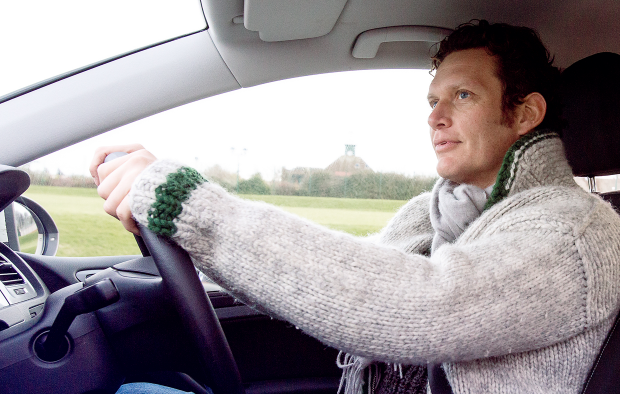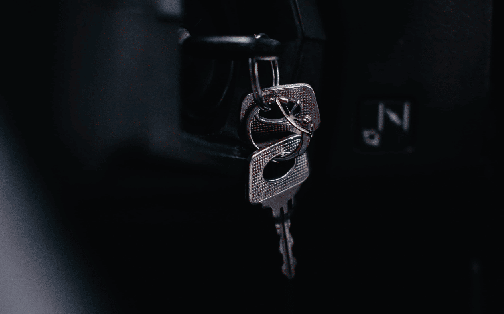

How Can I Be a Safer Driver?
It’s Injury Prevention Day, so we’re sharing some ideas to help you become a safer driver, for the benefit of yourself, your passengers, and other road users.
Keep your distance from other vehicles
“Driving too closely to the car in front, or ‘tailgating’, is a serious safety issue and leads to unnecessary crashes and injuries. Tailgating is incredibly anti-social, as well as dangerous, and can be really intimidating for other drivers. It’s also entirely pointless as it’s not going to get anyone to their destination any faster,” says John Wheeler, president of not-for-profit group APIL (the Association of Personal Injury Lawyers).
Always remember ‘only a fool breaks the two second rule’, as a guide for how much time you should leave between yourself and the car in front of you, in dry conditions. In wet conditions, or during low visibility, you may wish to leave four seconds, rather than two.
Don’t drive when you’re tired
Research suggests that nearly 20 per cent of road accidents on major roads are sleep-related. This type of accident is the most likely to result in death or serious injuries. There are plenty of things you can do to ensure that you don’t fall asleep when driving, including:
• If you’re feeling tired before setting off, postpone your trip.
• Taking regular fifteen minute breaks during long journeys.
• Avoiding driving long distances between 12am and 6am, times when you will naturally be feeling sleepy.
• If you start to feel drowsy, pull over in a safe place and have a caffeinated drink. Do not start driving again until the caffeine has kicked in. Remember this is only a short-term solution, and no replacement for a real sleep.
Stick to the speed limit
While speeding can be tempting, it can be dangerous, especially in busy or built-up areas. It can be frustrating when you are in a rush, and traffic, pedestrians and other hazards mean that your journey takes longer. However, speeding up between hazards won’t get you to your destination any quicker, and there could be serious consequences. Hitting a child, cyclist or motorcyclist can be fatal, even when travelling at low speeds. Make sure you take note of your surroundings before deciding how fast to travel. Often sticking well under the speed limit in built-up areas is necessary to ensure that you don’t harm other road users.
Make sure your mobile phone is hands-free
Distracted drivers are more likely to make mistakes which cost lives, studies show. Using your mobile phone behind the wheel is one distraction that can cause serious errors in judgement when driving. Whether you’re making or receiving a call, texting, or using other services such as a route finder, it’s illegal to use your mobile phone while driving. If you do need to use your phone, make sure you pull over and park in a safe place. Using your phone is still illegal when stopped at traffic lights or in traffic. If you’re using your phone with a hands free device, this is not considered to be illegal, but beware – it can still be a distraction. If you’re using your phone hands free, and aren’t in proper control of your vehicle, the penalties are as serious as if you were using a handheld phone.
Don’t drive under the influence
Alcohol and drugs (even some prescription drugs) can severely impair your driving abilities. Driving under the influence of alcohol and drugs could put other road users, and yourself at serious risk, as your judgement is compromised. The effects of drugs and alcohol are lasting, so make sure you stay off the roads until they are out of your system.
If you've been in an accident that wasn't your fault, contact Winn Solicitors on 0800 988 6288 for some no-obigation advice.
Share this article
Request a Callback
Had an accident that wasn’t your fault? Leave your details and we’ll call you back.
Thank you
Thank you for your request, one of our team members will be in touch shortly.
Find Out MoreExisting Client?
Keep on top of your claim 24/7, 365 days a year with Touchpoint, accessible from any internet-enabled device.



